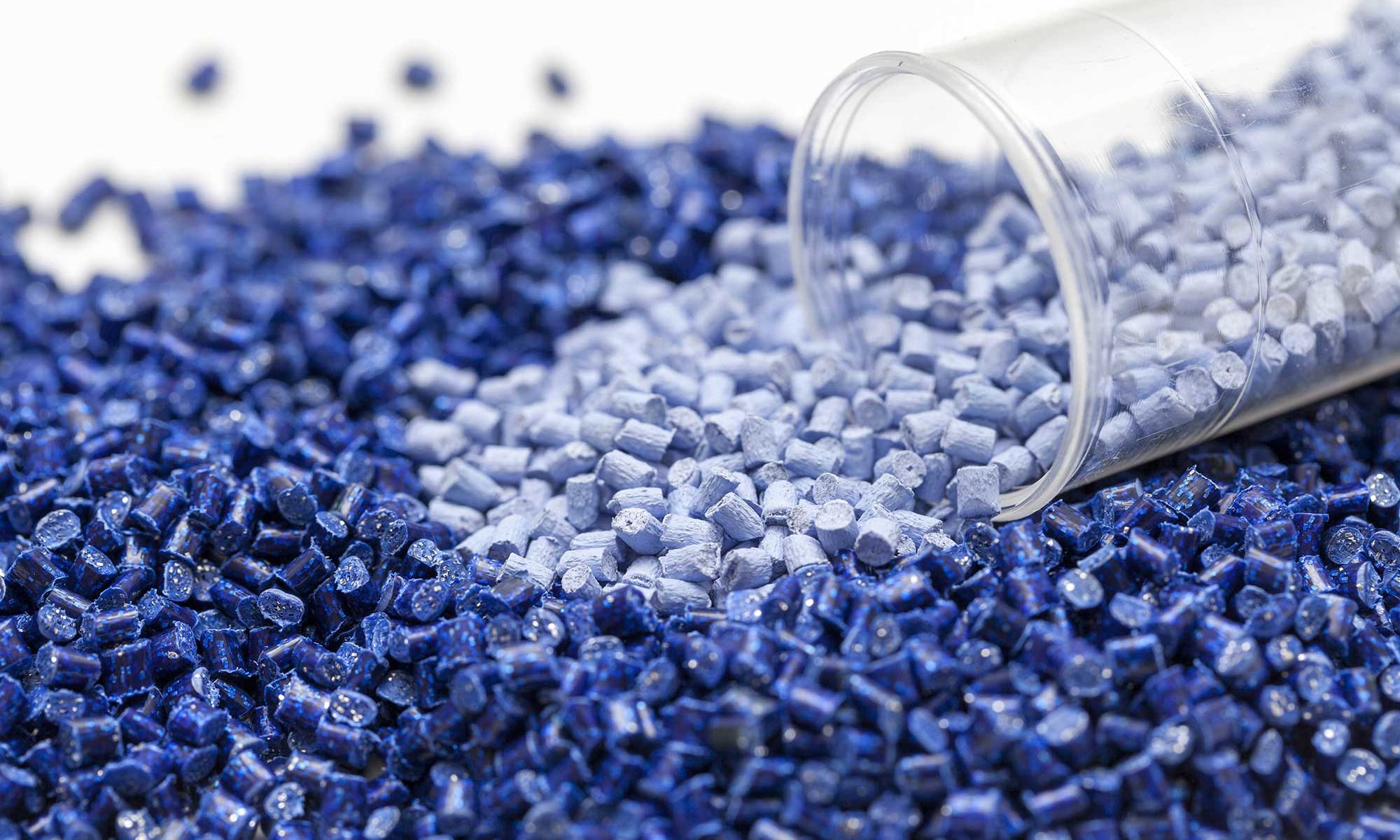Chemical recycling is seen as a key technology in the transition towards a circular economy. To further accelerate this investment, PlasticsEurope calls for a harmonised and strong policy and regulatory framework.
Chemical recycling (depolymerisation) allows us to recycle plastic waste that would otherwise be incinerated or dumped. It produces significant amounts of recycled material with ‘virgin’ plastics properties. It is complementary to mechanical recycling and has a huge potential to create high-value jobs and contribute to a climate-neutral and competitive circular economy in Europe.
Investing billions
It is estimated that by 2050, almost 60% of global plastics production could be based on reuse and recycling. PlasticsEurope members are already investing billions of Euros and cooperating with innovative partners along the value chain to increase chemical recycling and other advanced technological solutions. Member companies plan to increase their investment in feedstock recycling to produce 1.2 Mt by 2025 and 3.4 Mt of recycled plastics by 2030.
Speaking at the ” Closing the loop on chemical recycling in Europe ” event in Brussels, Dr Markus Steilemann, President of PlasticsEurope and CEO of Covestro said he sees chemical recycling as a game changer and a key building block of the circular economy – not only in Europe. “The announced increased investment confirms the industry’s determination to tackle the problem of plastic waste and supports the climate and sustainability ambitions of the EU Green Deal. This is only a starting point and significant investment is still needed to fully exploit the value of this technology.”
More information can be found on the Plastics Europe website.
Image: DJ Srki/Shutterstock



